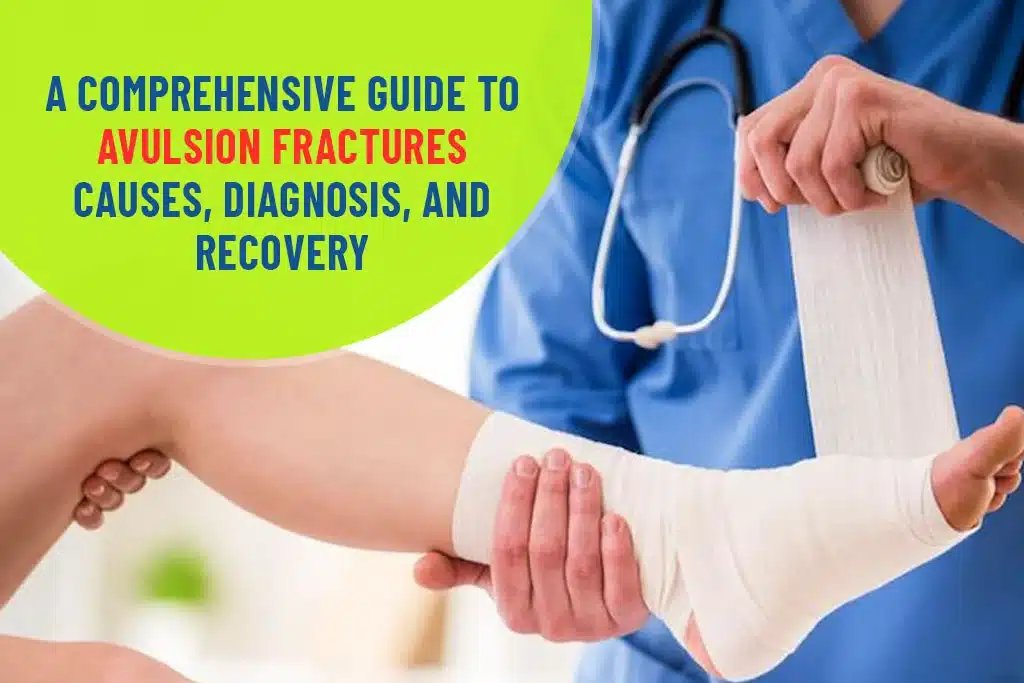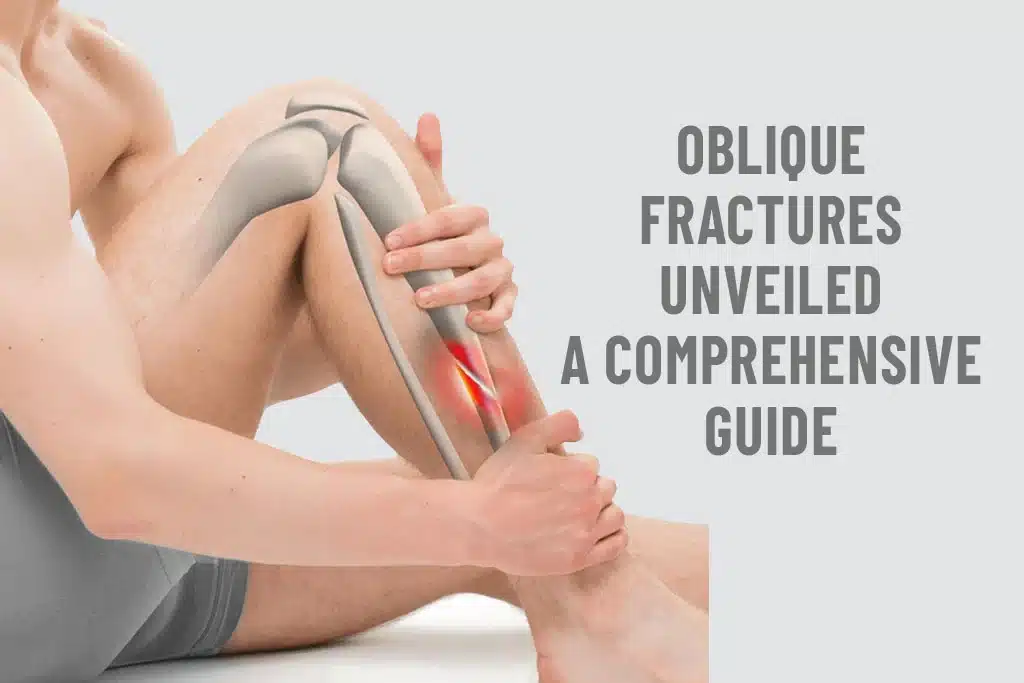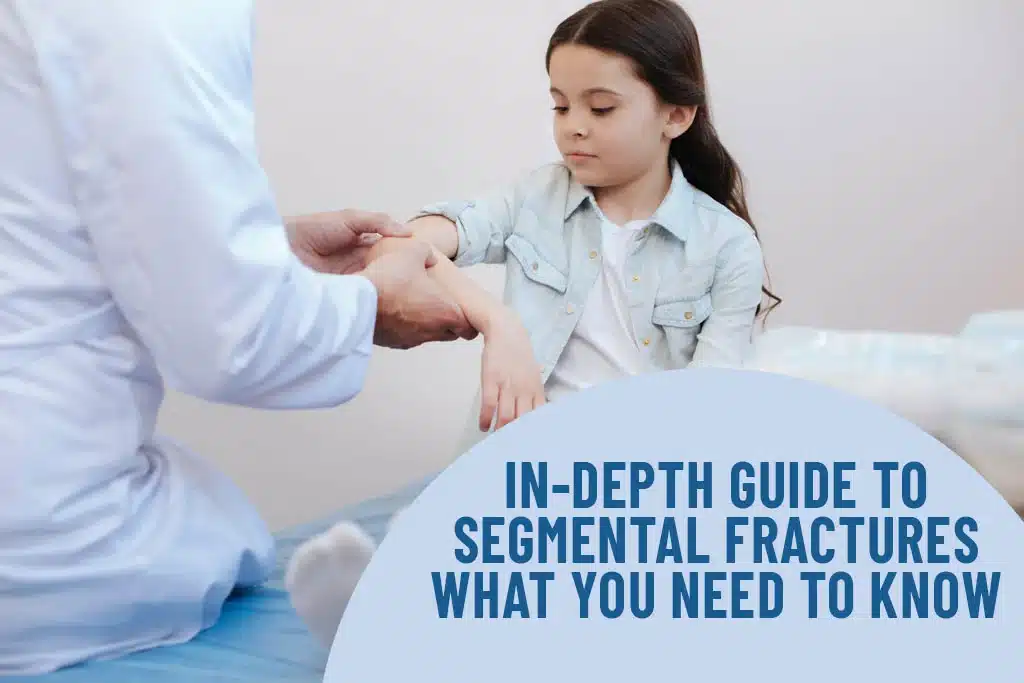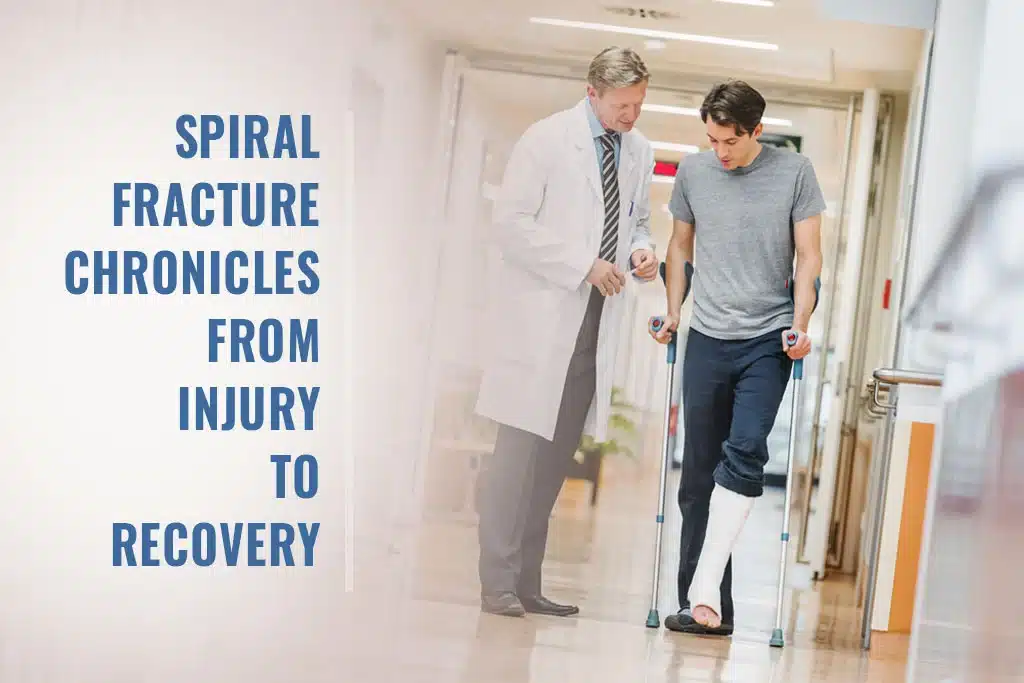Chest pain can be caused by various conditions ranging from benign to life-threatening. If you know the leading causes of chest pain, you will seek prompt medical attention. This article emphasizes major chest pain causes.
Angina
When heart muscles don’t get enough oxygen or blood, you feel a chest pain called angina. It happens when the coronary artery (responsible for supplying blood to the heart) narrows. If something blocks this artery, then the heart doesn’t get enough blood. In angina, the patient feels squeezing or pressure-like pain in the chest. Moreover, the pain may also be felt in the arms, shoulder, neck, jaw, or back.
Heart Attack
When the heart’s blood flow is blocked, the person experiences a heart attack. It happens due to blood clotting. Hence, it causes severe chest pain, shortness of breath, sweating, nausea, and lightheadedness. Heart attacks can be life-threatening, so immediate medical attention or treatment is necessary.
Gastroesophageal Reflux Disease
Gastroesophageal reflux disease (GERD) is a digestive disorder that occurs when stomach acid flows back into the esophagus. It creates a burning sensation in the chest, which is heartburn. Along with heartburn, the patient also feels chest pain that some people mistakenly think of as a heart attack.
Pericarditis
Inflammation of the lining surrounding the heart is known as the pericardium. It causes chest pain that can be sharp or dull. Moreover, the pain may worsen when lying down or breathing deeply. A viral infection, heart attack, or other conditions can cause this.
Pulmonary Embolism
Sometimes a blood clot gets stuck in the pulmonary artery inside the patient’s lungs. This causes chest pain and shortness of breath as well. The patient feels sharp pain that worsens when they breathe. Other symptoms also include burning, dull, aching, and heavy sensations.
Anxiety and Panic Attacks
If someone experiences a panic attack, they might feel severe pain in the chest. It becomes harsh over time, and it combines with palpitations afterward. Moreover, the patient also feels that he might go through with a heart attack because of difficulty in breathing.
Costochondritis
The cartilage that connects the ribs to the breastbone may experience inflammation sometimes. This inflammation of the cartilage causes pain in chest. The pain could be sharp or dull and worsens with deep breathing and physical activity.
Heart Tests for Timely Treatment

ECG or EKG
This test helps to measure the electrical conductivity of the heart and also identifies irregular heart rhythms.
Echocardiogram
This test is beneficial for identifying heart abnormalities such as weak heart muscles and heart valve problems. Ultrasound is used to produce heart images in this test.
Cardiac Enzyme Test
This test is also known as the cardiac biomarker test. Medical professionals perform this test to diagnose or rule out a heart attack.
Cardiac Catheterization
This test involves inserting into the heart through blood vessels in the arm to evaluate heart functioning and blood vessels.
FAQs
How do I know if my chest pain is serious?
If you experience the following symptoms, you must take your chest pain seriously.
- Severe pain in chest and upper back
- Pain spreading to arms, jaws, neck, and shoulders
- Sweating and nausea
- Pain that worsens with physical activity
- Pain that doesn’t go away with medicines
What are the 4 common causes of chest pain?
There could be various reasons behind chest pain, but the four common causes of chest pain are:
- Heart attack
- Angina
- Panic attack
- Gastroesophageal reflux disease
When should I go to the ER for chest pain?
You should visit the emergency room for chest pain if it’s crushing and unbearable. If the chest pain spreads to the arm, shoulders, upper back, jaws, and neck, you should immediately seek medical attention. Additionally, if you have a history of heart disease, high blood pressure, and other cardiac issues, it’s essential to go to ER for chest pain.






